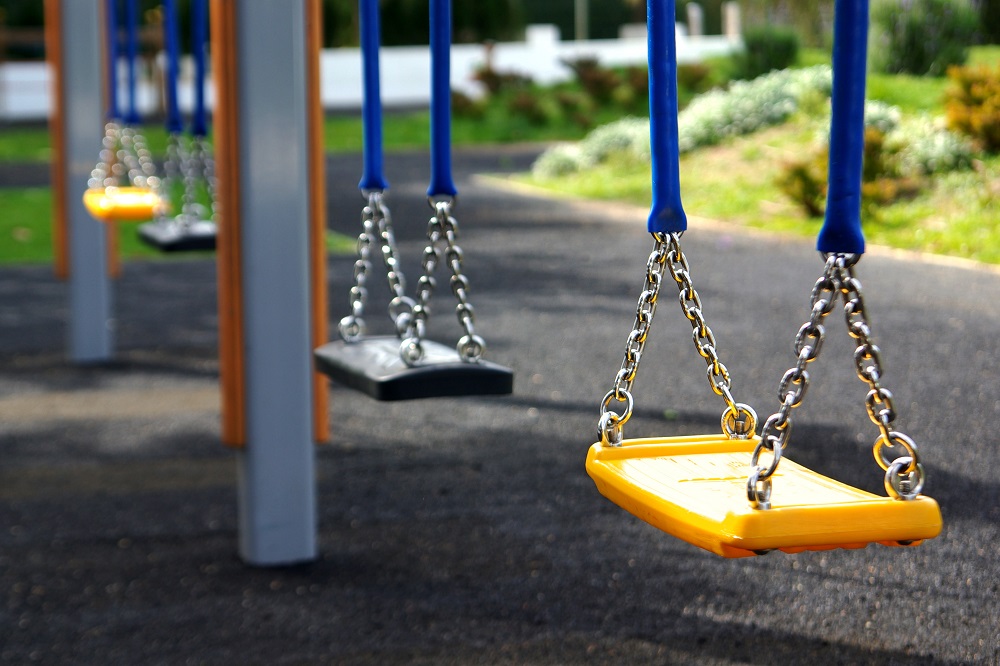Sending your child off to school is a significant milestone, filled with hopes and expectations for their academic and personal growth. However, accidents can happen, and when they do, parents need to understand their rights and options for seeking compensation for school-related injuries. In this guide, we will explore the key steps parents should take in the unfortunate event of a school-related injury,
1. Understanding Liability:
Schools are legally obligated to ensure students’ safety and well-being while on campus or participating in school-related activities. When a child sustains an injury in these settings, the issue of liability arises.
Liability can extend to the school itself, a teacher, a staff member, or even another student, depending on the circumstances surrounding the incident. Determining who is legally responsible is a critical step in the pursuit of compensation. Consulting with a professional specializing in personal injury law can aid in this assessment.
2. Documenting the Incident:
Immediate and thorough documentation of the incident is crucial for building a strong case. Take note of the location, date, and time of the incident, and gather details about the people involved. Collect contact information from potential witnesses who can provide statements about what transpired.
Photographs of the scene, including any hazards that may have contributed to the injury, as well as images of the injuries themselves, can serve as valuable evidence. Additionally, request a copy of the incident report filed by the school to supplement your records. This comprehensive documentation will be indispensable when presenting your case to legal professionals.
3. Seeking Medical Attention:
The well-being of your child takes precedence. Seek prompt medical attention for their injuries, even if they initially appear minor. Keeping detailed records of medical treatments, expenses, and any recommended future care is crucial. These records not only contribute to your child’s recovery but also serve as essential documentation when pursuing compensation. Share this medical information with your attorney to ensure a comprehensive understanding of the impact of the injury on your child’s health and well-being.
4. Communicating with the School:
Notify the school promptly about the incident and your child’s injuries. Request a meeting with school administrators to discuss the details of the incident and understand the steps the school is taking to prevent similar occurrences in the future.
Maintain open communication throughout the process, seeking updates on any investigations or safety improvements implemented by the school. Your consistent and informed communication will underscore the importance of accountability and safety measures.
5. Consultation with Legal Professionals:
If you believe the school or a third party is liable for your child’s injury, seek the advice of legal professionals specializing in personal injury law. A knowledgeable attorney can help you understand your rights, assess the strength of your case, and guide you through the legal process. In cases involving specific injuries like traumatic brain injuries, consulting with a specialized brain injury attorney Roger Kampf can ensure that the unique aspects of such cases are thoroughly addressed. This legal guidance will empower you to make informed decisions and navigate the complexities of the legal system.
6. Reviewing School Policies:
Familiarize yourself with the school’s policies concerning accidents and injuries. These policies provide insight into the responsibilities and legal obligations of the school in such situations. Understanding these rules can help you determine if negligence or a breach of duty played a role in your child’s injury, strengthening your compensation case. Discuss the school’s policies with your attorney to identify any potential violations or shortcomings that may have contributed to the incident.
7. Filing a Claim:
Work closely with your attorney to file a claim against the responsible party. This process may involve negotiations with the school, its insurance company, or other relevant parties. Be prepared to provide substantial evidence, including medical records, witness statements, and any documentation that supports your compensation case. Your attorney will play a crucial role in preparing and presenting your claim, utilizing their expertise to maximize the strength of your case and negotiate a fair resolution.
8. Mediation and Settlement:
In certain cases, parties involved may choose mediation as an alternative to going to court. During mediation, a neutral third party facilitates discussions to help reach a fair settlement. If an agreement is reached, it can save time and emotional stress associated with a court trial. Your attorney can offer guidance on whether mediation is a suitable option based on the specifics of your case. Engaging in mediation also provides an opportunity to address concerns directly with the school or responsible party, fostering a more constructive resolution. Top of Form
Conclusion
While no parent wishes for their child to experience a school-related injury, being prepared and informed can make a significant difference in the outcome. By understanding liability, documenting incidents, seeking medical attention, communicating with the school, reviewing policies, consulting with legal professionals, and pursuing claims, parents can protect their children’s rights and well-being. Remember, seeking compensation is not just about financial recovery but also about ensuring accountability and fostering a safer environment for all students.

